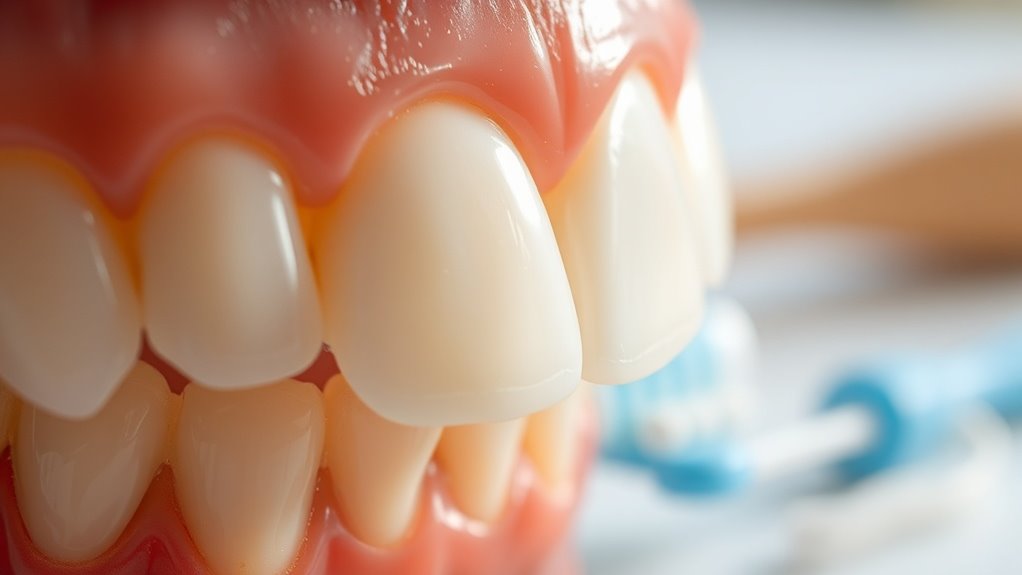The Real Deal About Fluoride-Should You Avoid It.
Fluoride’s crucial for your dental health, as it strengthens enamel and helps prevent cavities. While it’s endorsed by health agencies when used properly, concerns about dental fluorosis and potential toxicity exist. Most studies show fluoridated water is safe at regulated levels, but overconsumption can pose risks. To make informed choices about fluoride, it’s important to weigh the benefits against the potential downsides. Discovering more can guide your decisions effectively.
Understanding Fluoride: What Is It?
Fluoride, a naturally occurring mineral, plays a significant role in dental health.
It’s found in various sources, including water, soil, and certain foods.
Understanding fluoride facts is essential: it strengthens tooth enamel and can reduce cavities, but excessive intake may lead to dental fluorosis.
Balancing fluoride exposure is key to maintaining your oral health without risking potential side effects.
The Benefits of Fluoride for Dental Health
When you consider your dental health, incorporating fluoride into your routine can offer significant advantages.
Fluoride strengthens enamel, making it more resistant to decay and promoting remineralization of early cavities. Research shows that cities with fluoridated water often have lower rates of tooth decay.
Additionally, using fluoride toothpaste can further support your oral health, providing an effective barrier against harmful acids. In fact, fluoride’s safety and effectiveness has been endorsed by regulatory agencies when used properly.
Debunking Common Myths About Fluoride
What if you could separate fact from fiction when it comes to fluoride? Many believe it’s harmful, but studies show fluoride in appropriate amounts effectively prevents cavities. Myths like fluoride causing skeletal fluorosis often stem from misunderstanding. In reality, regulated community water levels are safe for everyone. Fluoride strengthens tooth enamel and fights harmful bacteria, providing an essential benefit for dental health. Recognizing these facts helps you make informed choices about fluoride in dental care and public health.
The Risks and Concerns Around Fluoride
While many still embrace fluoride for its cavity-preventing benefits, it’s important to consider the potential risks and concerns that accompany its use.
| Risk | Description | Evidence |
|---|---|---|
| Dental Fluorosis | White spots or streaks on teeth | CDC Reports |
| Toxicity | Overconsumption can harm organs | WHO Guidelines |
| Environmental Impact | Pollution from manufacturing | EPA Studies |
| Bone Health | Possible link to fractures | Research Data |
Furthermore, balance is essential when using fluoride to avoid unwanted side effects while protecting teeth.
Fluoride in Water: Is It Safe?
As concerns about fluoride’s effects grow, many are starting to question the safety of fluoride in drinking water.
Experts generally agree that fluoride at recommended levels helps reduce tooth decay without significant health risks.
However, some studies suggest potential links to other health issues, raising valid concerns.
The key is understanding the balance between benefits and risks before making personal decisions.
Making Informed Choices About Fluoride Use
Understanding the implications of fluoride use can empower you to make informed choices best suited to your health needs.
Consider these four factors:
- Assess your water supply’s fluoride levels.
- Review your dental products for fluoride content.
- Consult your dentist about your specific needs.
- Stay informed on current research regarding fluoride safety.





